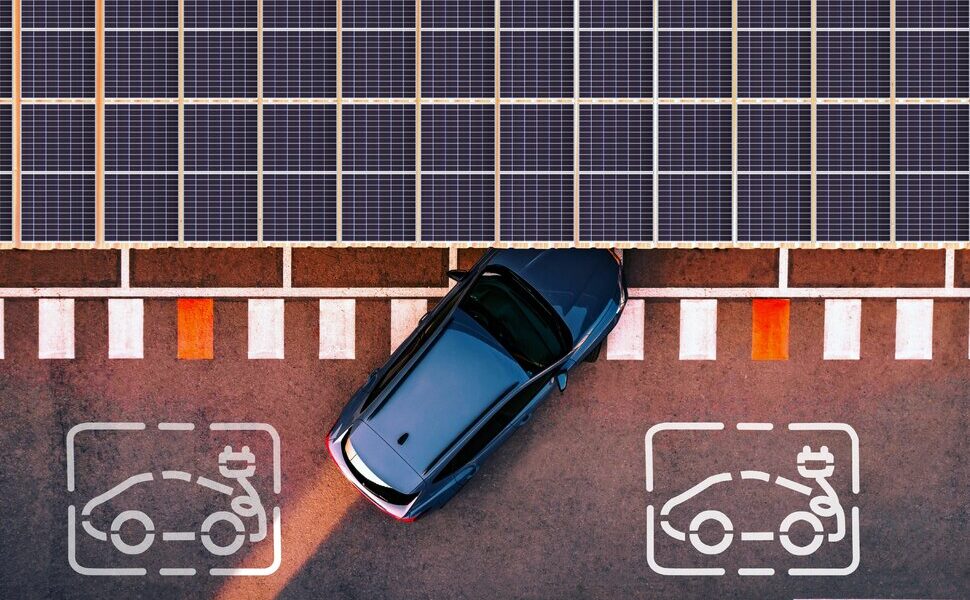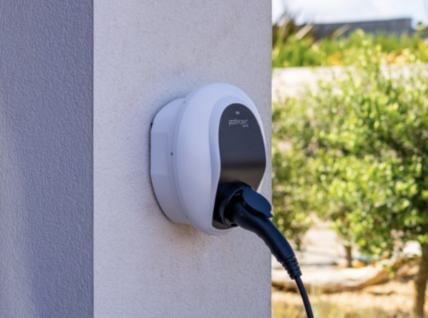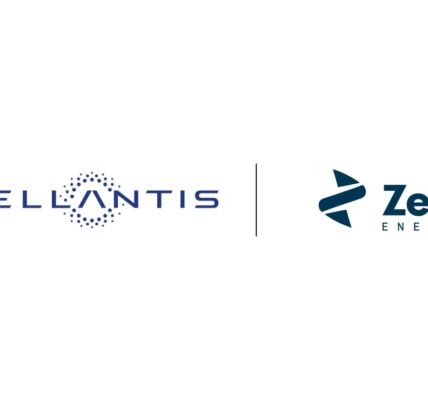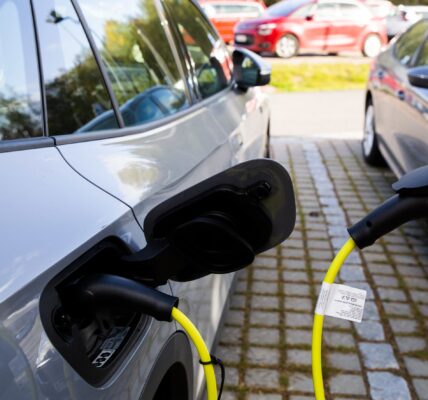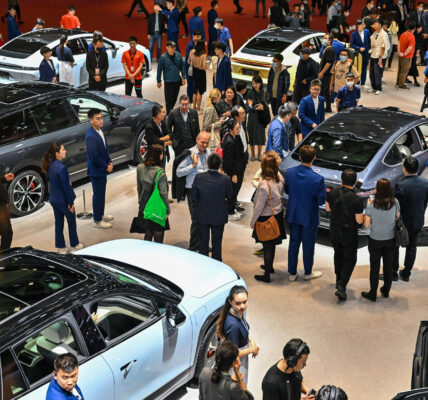The number of electric vehicles available to American car shoppers grows by leaps and bounds each year. However, many consumers still need to be better informed about many aspects of battery-electric vehicles (BEVs), which continues to hinder acceptance. Battery materials company Ascend commissioned a study to better understand the issues surrounding BEV adoption, and the results are enlightening.
According to the study, one of the biggest misconceptions about electric vehicles is that lithium-ion batteries – the most commonly used for EVs – are not recyclable. In fact, 47% of Americans think these batteries end up in landfills, causing more pollution than their gas-powered counterparts.
“We’ve encountered many myths and misconceptions about electric vehicles and, in particular, EV battery recycling,” said Roger Lin, VP of marketing & government relations at Ascend Elements. “The industry has made terrific advances in the efficiency and cost-effectiveness of lithium-ion battery recycling, but these false narratives about EV batteries continue. We are changing that by creating an infrastructure that would make it unthinkable to let a lithium-ion battery go to a landfill. They are just too valuable.”
Lithium-ion batteries are used for more than electric vehicles – this battery technology has been around for years, powering laptops and other household devices. Unfortunately, many Americans are not disposing of their used lithium-ion batteries properly. According to the survey, a third of American consumers believe the batteries can be recycled by depositing them in the household recycle bin, while more than a quarter just throw the batteries into the trash.
“For the record, lithium-ion batteries should never be put in the trash or the household recycling bin, but these survey responses help explain why we sometimes see fires and explosions in waste management facilities and recycling centers. Used batteries should be dropped off at authorized collection points, many of which can be found at the big box hardware stores,” Lin said.
While most Americans may not be ready to purchase an electric vehicle, the survey showed that more than half of Americans (53%) claimed their attitude towards electric cars is more favorable than it was three years ago, so there has been some progress. The survey shows that 46% of respondents expect EVs to outsell gasoline-powered vehicles in their lifetime, and almost 60% understand that EVs are better for the environment and will ultimately save them money over the car’s lifetime.
The survey found that consumers are misinformed about more than just battery recycling. More than half of the respondents believe that electric cars are more expensive to repair, while 47% are concerned that too many electric vehicles will overwhelm the power grid. Surprisingly, the survey showed that 40% of respondents felt that batteries were ultimately more dangerous than gasoline in an internal combustion engine vehicle.
Ultimately, the survey proves that there is a need for better consumer education about electric vehicles, specifically about lithium-ion battery technology and battery recycling.


